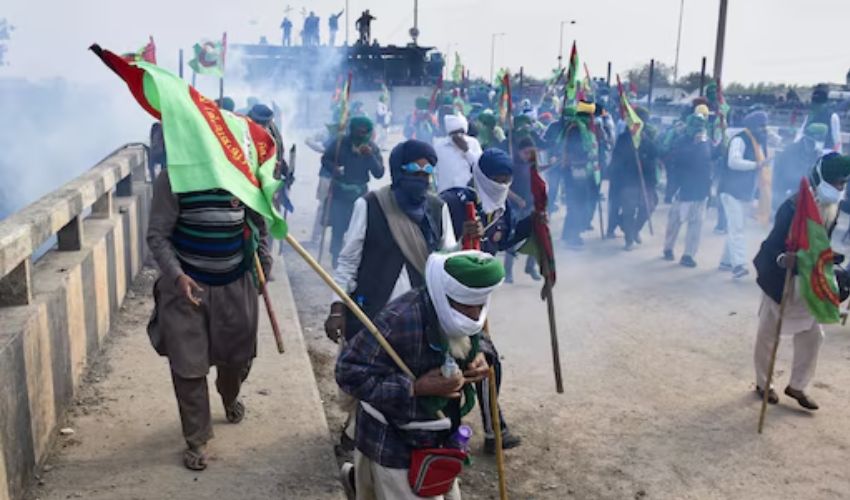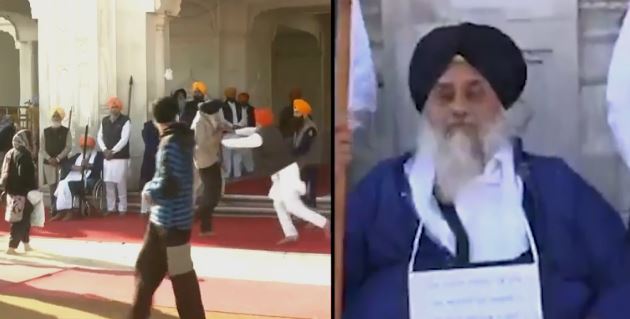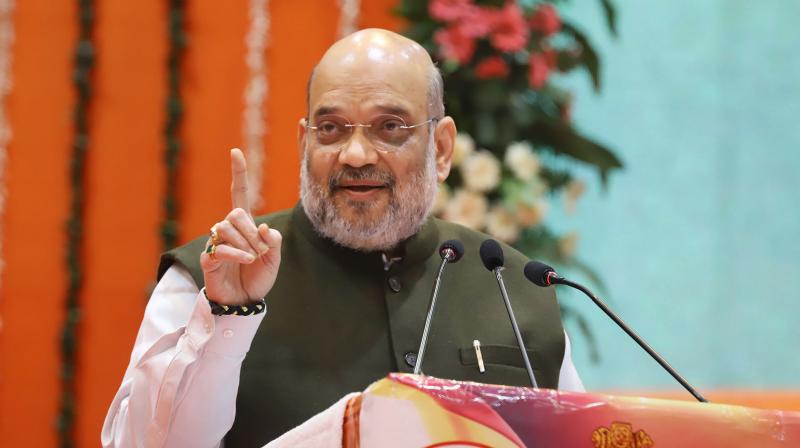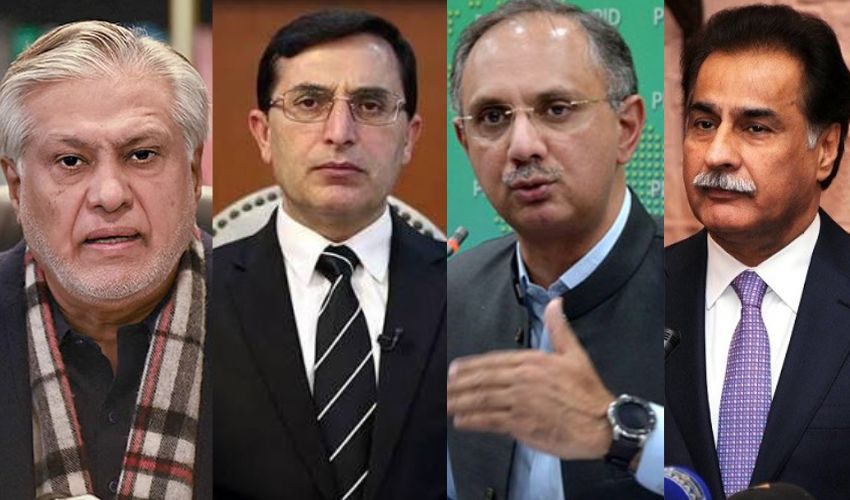In response to the recent bill introduced by the Indian government in the Lok Sabha, residents of Kashmir and Gilgit-Baltistan have expressed strong disapproval, alleging that the legislation aims to reinforce what they perceive as India's illegitimate control over occupied Kashmir and potentially facilitate interference in Azad Jammu and Kashmir.
According to the public's sentiments, there is a prevailing belief that the decision of the Indian Supreme Court underscores India's alleged extremist stance, prompting calls for intervention by the United Nations to address the situation.
Several individuals from the region have emphasized their longstanding rejection of the Indian Constitution, asserting that it has never been recognized by the people of Kashmir and is unlikely to gain recognition in the future. Insisting that Kashmir is an integral part of Pakistan, these voices have condemned the bill passed by the Lok Sabha, deeming it as nothing more than a mockery.
Critics have accused India of breaching its commitments to the United Nations, heightening concerns about the country's actions in the region. The sentiment is rooted in the belief that India has reneged on promises made to the international community, especially regarding the commitment to hold a referendum in Kashmir, as pledged by the former Prime Minister of India on November 2, 1947.
As tensions escalate, there are growing calls for global intervention, with appeals for the international community to take notice of the perceived disregard for commitments and promises made by India, raising questions about the need for accountability on the world stage.



























